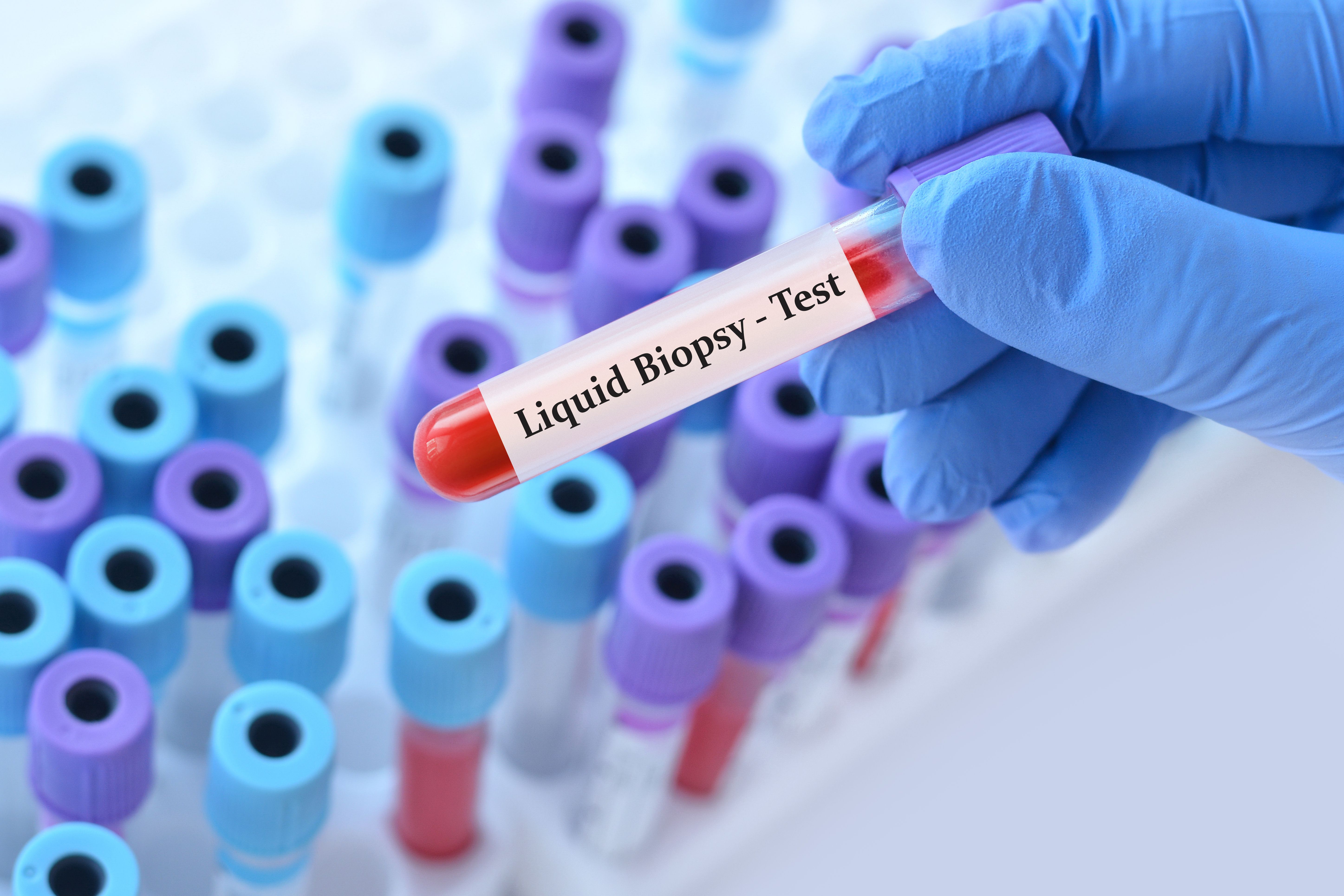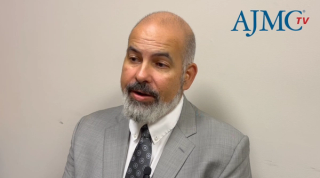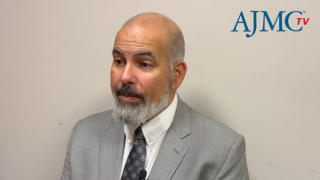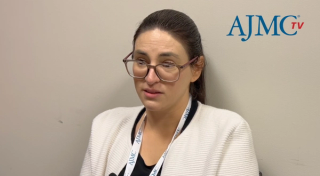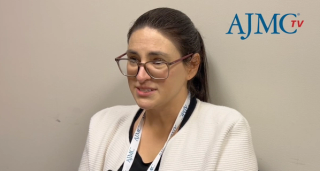
Non-Small Cell Lung Cancer
Latest News
Latest Videos
Shorts

CME Content
More News

The treatment was compared with adagrasib in second- and subsequent-line treatment, with sotarasib coming out on top based on current efficacy data.
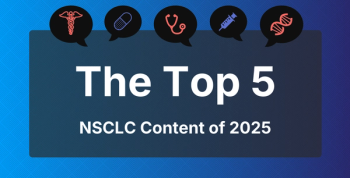
Top articles in non–small cell lung cancer (NSCLC) include FDA approvals, improved outcomes due to certain treatments, and updated data presented at conferences.
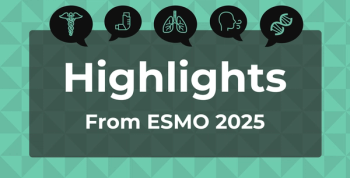
Our conference coverage featured updates on clinical trials testing new treatments for NSCLC, bladder cancer, and breast cancer.
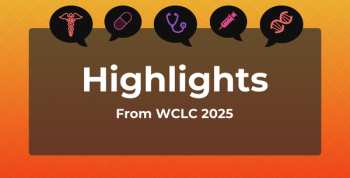
Our top content from the World Conference on Lung Cancer (WCLC) 2025 featured new therapeutic strategies for EGFR+ NSCLC and trial results on amivantamab.
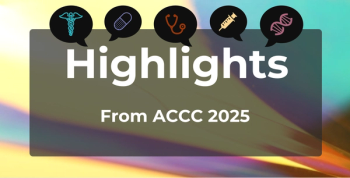
Artificial intelligence and lung cancer highlighted the top conference coverage from the Association of Cancer Care Centers Annual Meeting in Washington, DC.

Patients with stage I to IIIA NSCLC had lower 2- and 4-year mortality in states that expanded Medicaid coverage.

The combination of olomorasib and pembrolizumab to treat KRAS G12C-mutant advanced NSCLC showed promising antitumor activity.

The accelerated approval was based on a study that evaluated the efficacy in unresectable or metastatic nonsquamous NSCLC.

Previously treated patients with non–small cell lung cancer (NSCLC) saw durable results with andamertinib 240 mg.

Patients 65 years and older had improved overall and cancer-specific survival after undergoing chemoradiotherapy for stage 2 NSCLC.

A white paper explores how biomarker testing enhances patient outcomes and what barriers prevent access in several common cancers.

Eosinophilia serves as a significant biomarker for predicting immune-related adverse events in NSCLC patients treated with immune checkpoint inhibitors.

Experts discuss the urgent need for equitable access to cancer care, addressing barriers in treatment delivery and the importance of personalized medicine.

Experts discuss the intersection of innovation, affordability, and access in cancer care, focusing on multiple myeloma and NSCLC advancements.

Comparable overall survival and distant recurrence outcomes make stereotactic body radiation a feasible alternative.

Individuals who had preoperative percutaneous transthoracic needle biopsy (PTNB) had an increased risk of local-regional recurrence in non–small cell lung cancer (NSCLC).

A review found that assessing for health-related quality of life (HRQOL) was not frequently done in studies related to non–small cell lung cancer (NSCLC).

Aumolertinib was compared against osimertinib to demonstrate its efficacy in those with mutated non-small cell lung cancer (NSCLC).

Adverse events related to the immune system tended to accumulate over time when patients used immune checkpoint inhibitors (ICIs) over time.

Amivantamab plus lazertinib enhances survival in NSCLC but requires complex care compared with osimertinib, explained Danny Nguyen, MD, of City of Hope.

The approval allows all patients 12 years and older to use pembrolizumab and berahyaluronidase alfa-pmph for subcutaneous injection for solid tumor indications approved for intravenous pembrolizumab.

The use of cemiplimab with chemotherapy showed durable improvements in survival outcomes for non-small cell lung cancer (NSCLC) after 5 years.

Cemiplimab shows significant survival benefits over chemotherapy for advanced non–small cell lung cancer (NSCLC) with high PD-L1 expression, enhancing treatment outcomes.

Patients with early-stage non–small cell lung cancer had improved outcomes after surgical treatment if they adhered to quality metrics associated with survival.

Cutting-edge therapies can help move the treatment landscape forward, but basic treatment and prevention, such as smoking cessation, are still valuable means of addressing non–small cell lung cancer (NSCLC).

